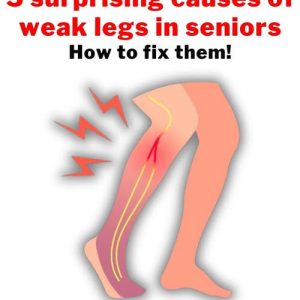Understanding Hand Numbness and Tingling
Numbness or tingling sensations in the hands—often described as “pins and needles”—can be both uncomfortable and concerning. These sensations may occur occasionally due to temporary pressure on nerves, such as sleeping on your arm or holding a phone for too long. However, if they become frequent or persistent, they could be a sign of an underlying medical condition that needs attention.
Common Causes and Risk Factors
There are several possible causes of numbness or tingling in the hands. One of the most common is carpal tunnel syndrome, a condition where the median nerve is compressed as it travels through the wrist. Other causes may include repetitive stress injuries, diabetes (leading to peripheral neuropathy), vitamin deficiencies (particularly B12), or conditions like cervical spondylosis and multiple sclerosis. Lifestyle factors such as poor posture or prolonged use of computers and smartphones can also contribute.
When to See a Doctor
While occasional tingling might not be serious, it’s important to seek medical advice if the symptoms are persistent, worsening, or accompanied by weakness or pain. Early diagnosis is key to preventing long-term nerve damage. A healthcare provider can perform physical exams, imaging tests, or nerve studies to identify the cause and recommend appropriate treatment, which may include physical therapy, medication, ergonomic adjustments, or in some cases, surgery.
Preventive Tips and Lifestyle Changes
To reduce the risk of hand numbness or tingling, consider maintaining good posture and taking regular breaks from repetitive tasks. Use ergonomic tools when working at a desk, and avoid resting your wrists in awkward positions. A healthy diet rich in essential nutrients, staying active, and managing chronic conditions like diabetes can also help keep your nerves healthy. Listening to your body and responding early to symptoms is the best step toward protecting your hand function and overall well-being.


